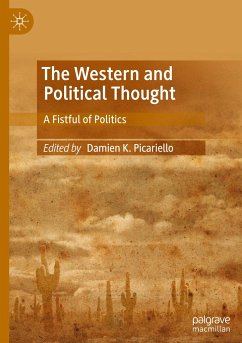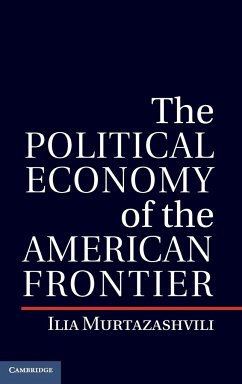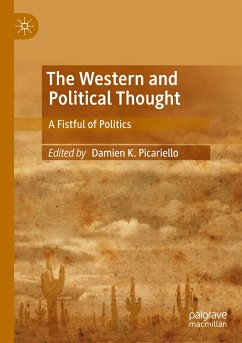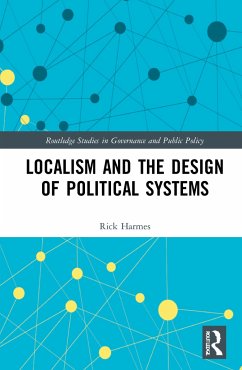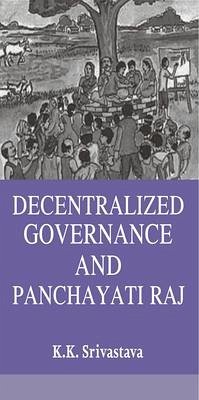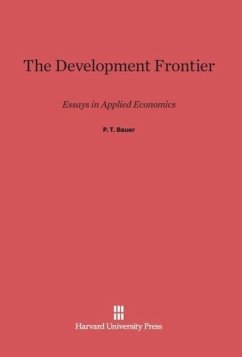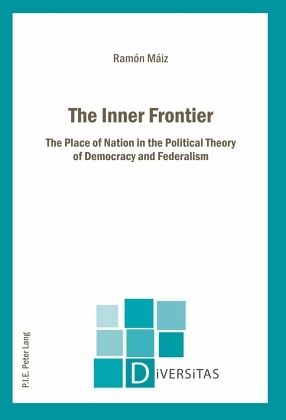
The Inner Frontier
The Place of Nation in the Political Theory of Democracy and Federalism
Versandkostenfrei!
Versandfertig in 6-10 Tagen
47,90 €
inkl. MwSt.

PAYBACK Punkte
0 °P sammeln!
In reaction to the «fear of nation», which is widely represented in most contemporary political theory of liberalism and republicanism, this book outlines the necessity of including a national dimension in any democratic theory capable of facing the challenges of our time. The aim of the volume is to offer the reader a new non-nationalist concept of nation that is compatible with the normative requirements of democracy. The author considers a wide range of material in order to overcome assumptions, concepts and supposed evidence that have been uncritically accepted and repeated since the nin...
In reaction to the «fear of nation», which is widely represented in most contemporary political theory of liberalism and republicanism, this book outlines the necessity of including a national dimension in any democratic theory capable of facing the challenges of our time. The aim of the volume is to offer the reader a new non-nationalist concept of nation that is compatible with the normative requirements of democracy. The author considers a wide range of material in order to overcome assumptions, concepts and supposed evidence that have been uncritically accepted and repeated since the nineteenth century. The book includes a comprehensive analysis of the intimate connection between state and nation in the work of two of the deepest thinkers about the history of political thought, who respectively tried to imagine a republic without a nation (Abbé Sieyès) and a nation without a republic (Johann Gottlieb Fichte).
The volume also exposes the undeniable empirical and theoretical shortcomings of the widespread notion that opposes civic and ethnic nationalism, as demonstrated by the historical nationalization of the Republic in France. At the same time, a constructivist analysis of nation as an open political process and a detailed examination of the discursive plurality of contemporary nationalism are developed. Finally, the author proposes a political theory that includes a concept of nation that is neither essentialist nor communitarian but federal and pluralist, and then integrates it into a wider normative proposal of plurinational federalism.
The volume also exposes the undeniable empirical and theoretical shortcomings of the widespread notion that opposes civic and ethnic nationalism, as demonstrated by the historical nationalization of the Republic in France. At the same time, a constructivist analysis of nation as an open political process and a detailed examination of the discursive plurality of contemporary nationalism are developed. Finally, the author proposes a political theory that includes a concept of nation that is neither essentialist nor communitarian but federal and pluralist, and then integrates it into a wider normative proposal of plurinational federalism.



